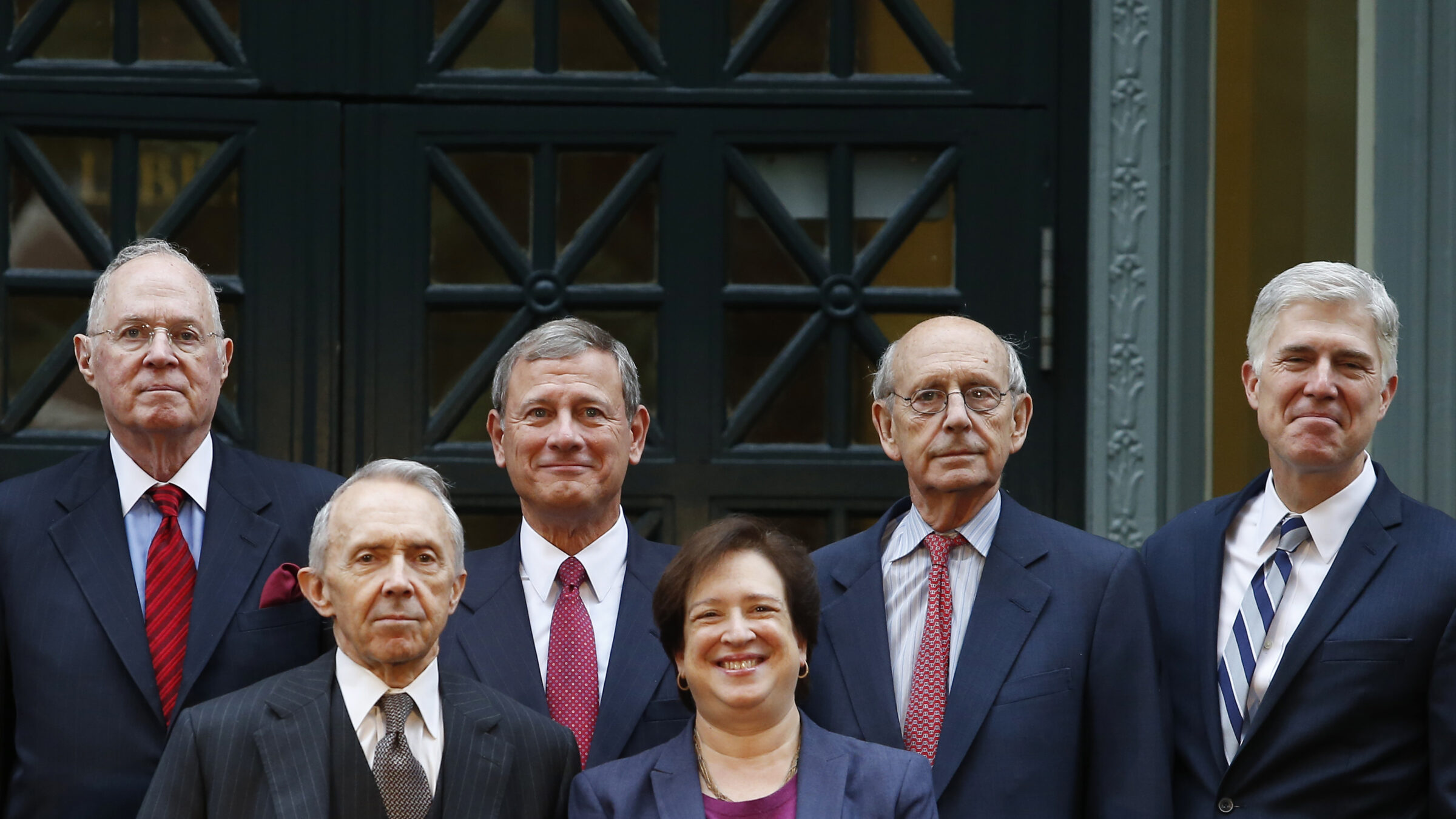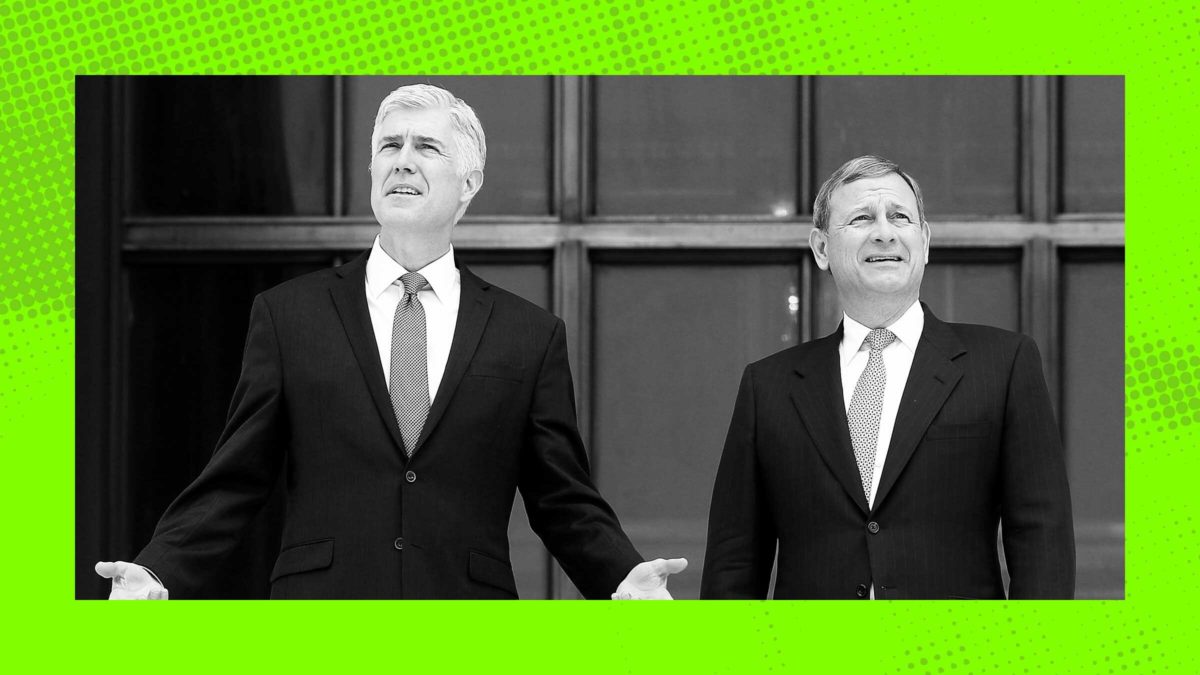One of the Court’s oft-repeated anecdotes surrounding the close friendship between Justices Antonin Scalia and Ruth Bader Ginsburg, political polar opposites, was their mutual love of the opera. Justice Sonia Sotomayor counts the Fendi family, whom she says “introduced [her] to the beauty of the international world,” as close friends after representing them in intellectual property suits over counterfeit products as a corporate lawyer. Justices Neil Gorsuch and Brett Kavanaugh both attended Georgeton Prep, an elite private high school where annual tuition is upwards of $40,000. Justice Ketanji Brown Jackson was previously a board member at Georgetown Day School, where tuition for high school seniors approaches $50,000. What bonds the ideologically divided Supreme Court is its members’ safe places in high society.
Those who clerk for the Supreme Court are also, by and large, cut from the same fancy cloth, according to a new study conducted by professors Tracey George of Vanderbilt Law School, Albert Yoon of University of Toronto Law School, and Mitu Gulati of University of Virginia School of Law. They found that people who attended Harvard, Yale, or Princeton for college are significantly more likely to get hired as Supreme Court clerks compared to their peers with similar law school grades but undergraduate degrees from less prestigious colleges.
It’s not a secret that a law degree from Harvard or Yale is an asset (bordering on necessity) for anyone interested in working at the Court. The CVs of its current members, six of whom were Supreme Court clerks themselves, reflects that: Four justices attended Harvard Law School and another four attended Yale Law School. Seven went to Ivy League colleges. Although this Court is controlled by a conservative supermajority splits along ideological lines in controversial cases, the justices are united in their ivory-tower educations.

Past and present Supreme Court justices and Harvard Law School alumni pose outside the law library to commemorate Harvard Law School’s bicentennial, October 2017 (Photo by Jessica Rinaldi/The Boston Globe via Getty Images)
These new findings reveal that the Court’s elitism extends to its clerks, too. More than two-thirds of Supreme Court clerks attended five law schools: Harvard, Yale, Stanford, Columbia, and University of Chicago. And the study, which focused on 22,475 Harvard Law School graduates, found that among magna cum laude law school graduates, those who graduated from one of 22 selective undergraduate institutions were 67 percent more likely to obtain a Supreme Court clerkship than their peers who did not.
Some upper-crust institutions hold even more sway. Those who attended Harvard, Yale, or Princeton for college were almost three times more likely to obtain a clerkship than their cum laude law school classmates who had attended one of the 19 other elite schools. “Educational pedigree, as opposed to academic performance or any other qualification, often distinguishes the winners from the also-rans,” the authors write.
An earlier version of this post misspelled the name of Professor Mitu Gulati.
This matters because Supreme Court clerkships—what the authors call “the most elite and scarce of all U.S. legal credentials”—are coveted for what they can deliver. Clerks leave the institution with career options that can include tenure-track academic positions, prestigious government work, or corporate law jobs that come with six-figure signing bonuses. Limiting who can receive these incredible career-starting opportunities to graduates of elite institutions exacerbates already-existing socioeconomic inequalities within the legal profession. A study by UCLA law professor Richard Sander, for example, found that although only two percent of students at elite law schools came from households in the bottom quarter of the socioeconomic spectrum, over half came from the top tenth.
What this study shows is that the road to a Supreme Court clerkship isn’t just a fight to get into good law schools; it begins much earlier, when kids are applying to college, and is much more difficult for those who don’t attend an elite one. As the authors of the new study put it: “To get the ultimate legal status marker that guarantees success, one must stockpile earlier status markers.”

